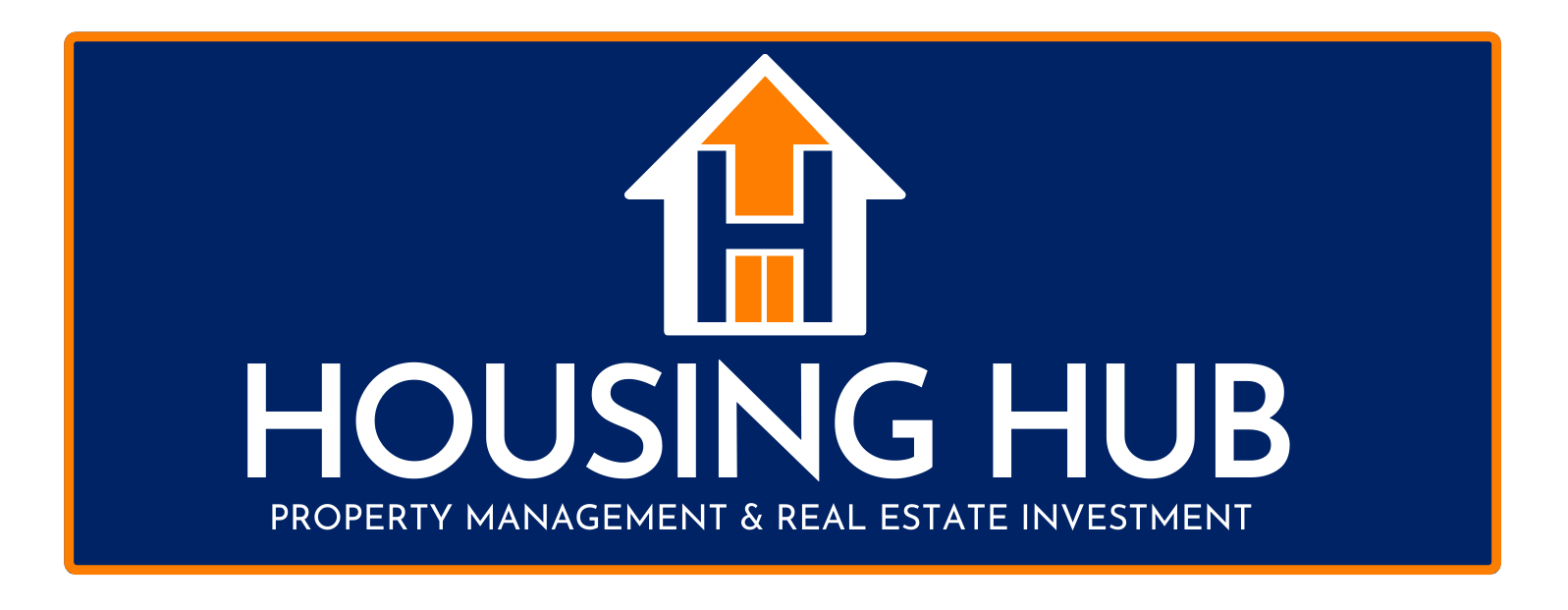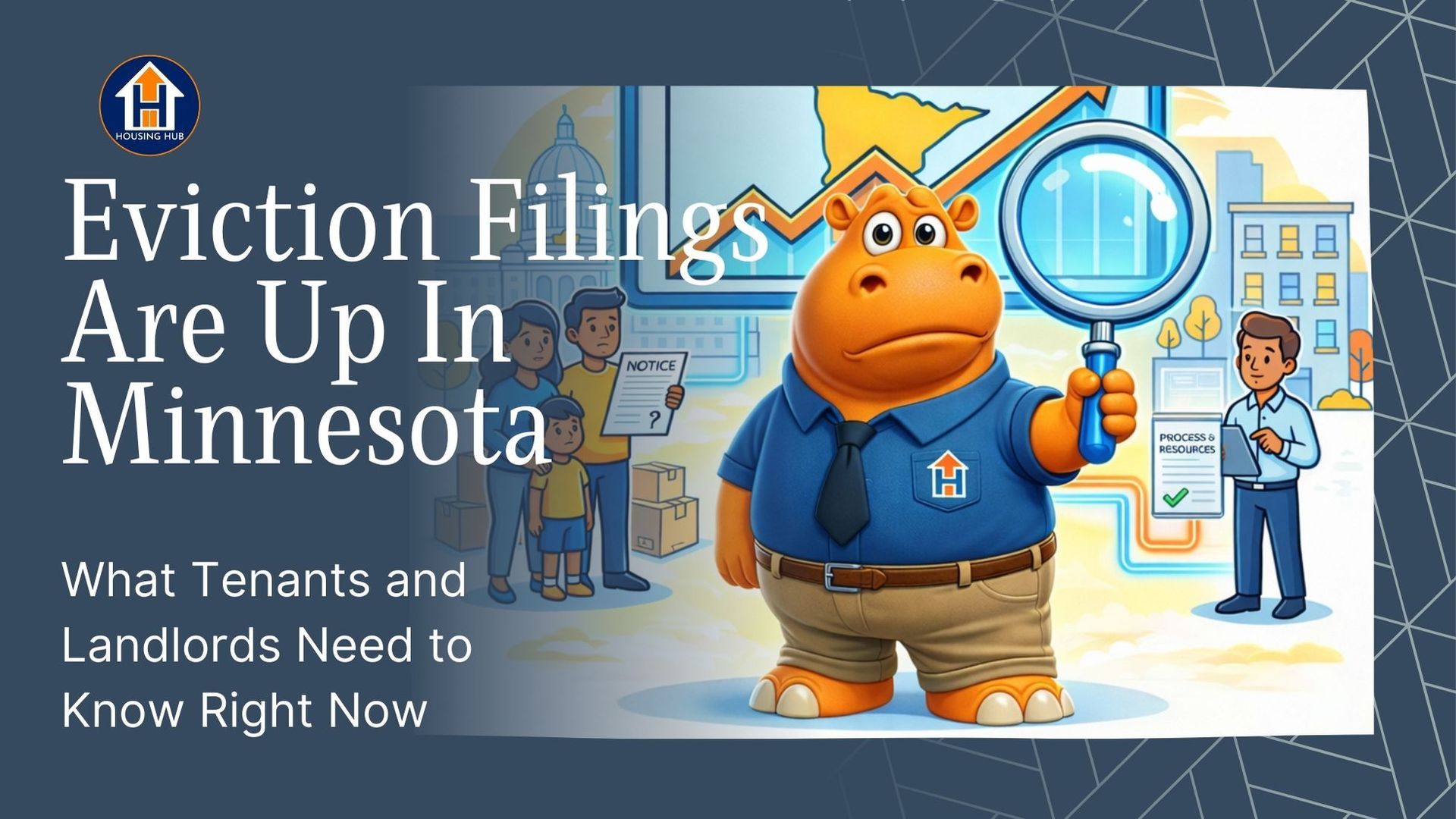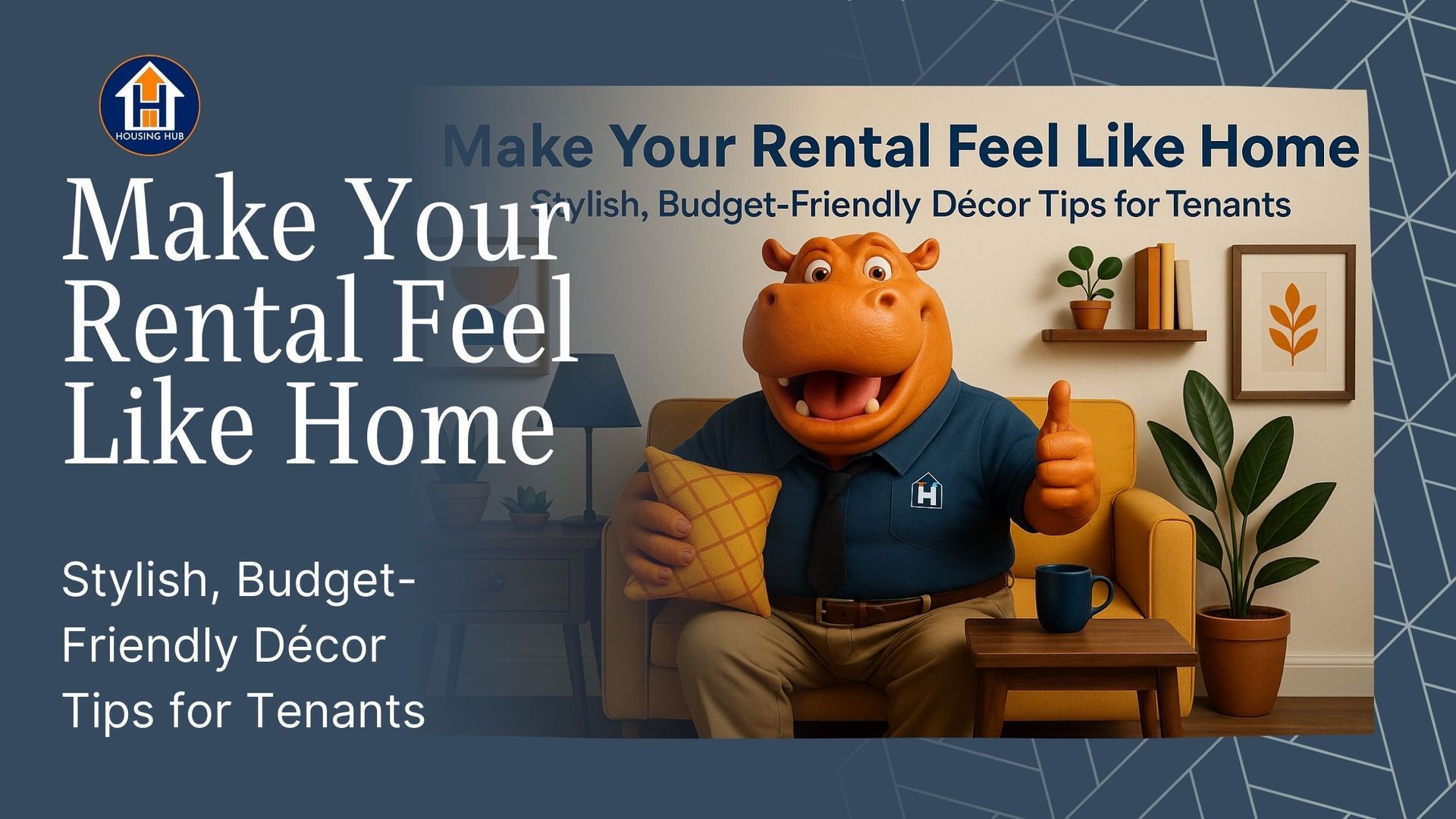How Property Management Improves Tenant Relationships
Building strong relationships with tenants is key to the success of any rental property. Happy tenants are more likely to pay rent on time, take care of the property, and renew their leases, which all contribute to a more stable and profitable rental business. Positive tenant relationships often translate to fewer disputes and turnover, which can save property owners both time and money. Understanding these relationships' dynamics is crucial for property managers who aim to create a harmonious living environment.
Effective property management plays a significant role in enhancing tenant satisfaction and retention. A well-managed property doesn’t just look after the bricks and mortar; it looks after the tenants, too. This means providing clear communication, prompt service, and a sense of community, which can turn a mere apartment into a place tenants are proud to call home. By focusing on these aspects, property managers can improve the overall living experience, fostering good tenant relationships in the process.
Clear Communication
Clear and open communication lays the foundation for healthy tenant relationships. It ensures that tenants feel heard and valued, which can lead to a more satisfying living experience. Regular updates about property matters and forthcoming changes keep tenants informed and reduce uncertainties.
Here are a few ways communication can improve tenant relations:
- Creating Channels: Establish dedicated channels, like emails or a tenant portal, where tenants can voice their concerns or ask questions. This fosters an environment where tenants feel comfortable reaching out.
- Schedule Regular Check-ins: Periodic check-ins, whether face-to-face or over the phone, create opportunities to address any underlying issues before they escalate.
- Encourage Feedback: Having systems in place for tenants to provide feedback about their experience can help identify and address issues proactively. Feedback surveys can be a useful tool here.
For example, if a tenant reports a noisy neighbor, responding quickly and finding a resolution shows the tenant that their concerns matter, thereby building trust. This proactive communication style can prevent misunderstandings and help solve problems more efficiently, making tenants more likely to renew their leases and recommend the property to others.
Prompt Maintenance and Repairs
Ensuring timely maintenance and repairs is a cornerstone of happy tenant relationships. When tenants report issues, they expect a quick response. Delayed repairs can lead to frustration and discomfort, impacting their decision to continue living in a property. Property managers need to establish an efficient system for handling maintenance requests.
Here’s how maintenance operations can be streamlined:
- Organize Requests: Use a digital system to log, track, and prioritize requests efficiently. This helps ensure that critical issues, like plumbing or heating problems, are addressed first.
- Hire Reliable Contractors: Partner with dependable contractors who respond promptly. Having a list of trusted professionals ensures that repairs are done quickly and correctly.
- Routine Inspections: Schedule regular inspections to catch and fix minor problems before they escalate into bigger issues. This proactive approach helps in maintaining the facilities and saves costs in the long run.
Imagine a tenant notices a leaking faucet and submits a repair request. Quick action and resolution show that their comfort and well-being are priorities, building trust and satisfaction.
Implement Tenant Feedback
Listening to tenant feedback and acting on it can drastically improve their living experience. It shows that tenants’ opinions matter, fostering a sense of respect and empowerment.
Consider these methods for gathering and using feedback:
- Feedback Surveys: Regularly distribute surveys to gather tenant opinions on community facilities, amenities, and other living conditions. Surveys can be anonymous, encouraging genuine input.
- Suggestion Boxes: Place physical or digital suggestion boxes where tenants can freely express ideas or concerns. Review suggestions regularly and implement feasible ones.
- Communicate Changes: After feedback has been taken and changes are made, let tenants know what has been adjusted. This not only highlights that their voices were heard but also reinforces a collaborative environment.
Through these feedback channels, tenants feel more engaged and respected, ultimately leading to higher rates of lease renewal and positive word-of-mouth.
Building a Community Atmosphere
Fostering a sense of community within the rental property can greatly enhance tenant relationships. When tenants feel like they're part of a community, they're more likely to form positive connections with neighbors and have a pleasant living experience.
Here are a few ideas for creating this atmosphere:
- Organize Social Events: Host gatherings like BBQs or holiday parties where tenants can meet each other. Such events encourage interaction and camaraderie.
- Develop Shared Spaces: Creating well-maintained shared areas like gardens or lounges can be places where tenants gather naturally. Add amenities like a gym or pool, providing shared benefits that are enjoyed collectively.
- Support Local Initiatives: Encourage tenants to participate in local volunteer projects or neighborhood clean-up days. This builds a sense of pride and community involvement.
A friendly, neighborly environment makes living in the property more enjoyable and strengthens tenant loyalty.
Enhancing Tenant Relationships for Success
Developing strong relationships with tenants in Minnesota is foundational for successful property management. By focusing on clear communication, efficient maintenance services, considering tenant feedback, and nurturing community spirit, property managers can create an environment where tenants feel valued and at home. This proactive and considerate approach not only aids in tenant satisfaction but also helps foster longevity and stability within the rental community.
The advantages are twofold: tenants experience a pleasant living situation while property owners enjoy a well-maintained, thriving rental business. Ultimately, the effort put into cultivating these relationships pays off in loyalty and reduced turnover, setting a prosperous path ahead.
If you're looking to improve your tenant relationships and ensure a thriving rental business, explore how effective
property management in Minnesota can help. Trust Housing Hub to support your efforts in creating a harmonious and successful rental environment.






